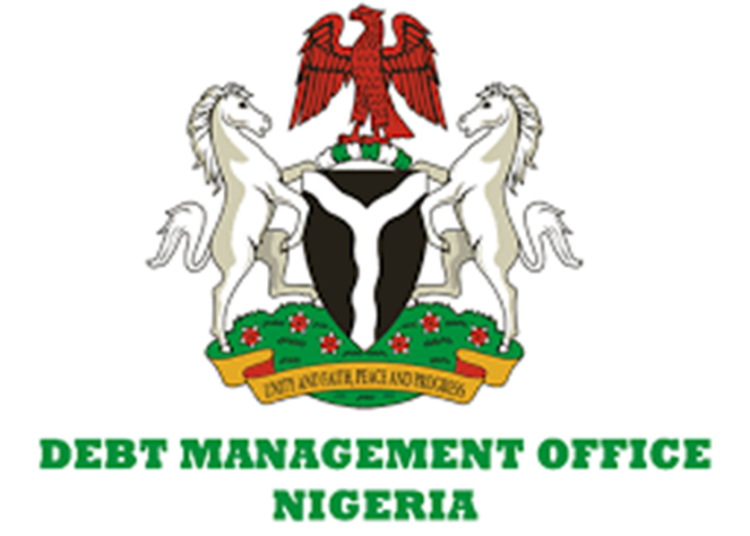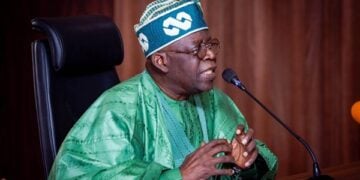The federal government through the Debt Management Office (DMO) is set to raise N450 billion from issuance of Federal Government of Nigeria (FGN) Bonds next week with a new 10-year paper being offered.
In the offer document released by the DMO on Thursday, the debt office plans to raise N200 billion through a new 10-year paper due January 2035. It also plans to raise N150 billion and N100 billion through the reopening of the 18.50 per cent FGN FEB 2031 7-year bond and N19.30 per cent FGN APR 2029 five-year paper.
Data by the DMO showed that Nigeria’s total public debt rose to N142.3 trillion as of September 30, 2024, an increase of 5.97 per cent compared to N134.3 trillion in June 2024. A depreciating local currency and rising domestic borrowing had contributed to the increased debt burden of the country.
Last year, the DMO had raised N5.46 trillion from the bond market, a lower figure from N5.72 which it set out to raise in the year 2024. With a total of N5.72 trillion offered to investors in the course of the year, what the government raised had been 4.5 per cent lower than the amount intended.
Last year, investors had offered up to N6.52 trillion in the bond market, with the largest subscription by investors being in the month of February when the government set out to raise N2.5 trillion from the market.
Federal Government bonds remained the largest component of domestic debt, increasing by 4.47 per cent to N54.65 trillion in September, up from N52.32 trillion in June, representing 78.95 per cent of the total domestic debt stock. The issuance of bonds in naira terms accounted for the majority of this increase in domestic debt.
Nigerian civil rights activist and executive director of the Civil Society Legislative Advocacy Centre (CISLAC) Auwal Musa Rafsanjani, commenting on the debt level of the country, stressed the need to be cautious of further raising the level of the country’s debt.
Noting that the states and the federal government are dependent on borrowings, he said “we are not even repaying the debt. We are only servicing the debt we have incurred and I think this is really bad for the economy.”





